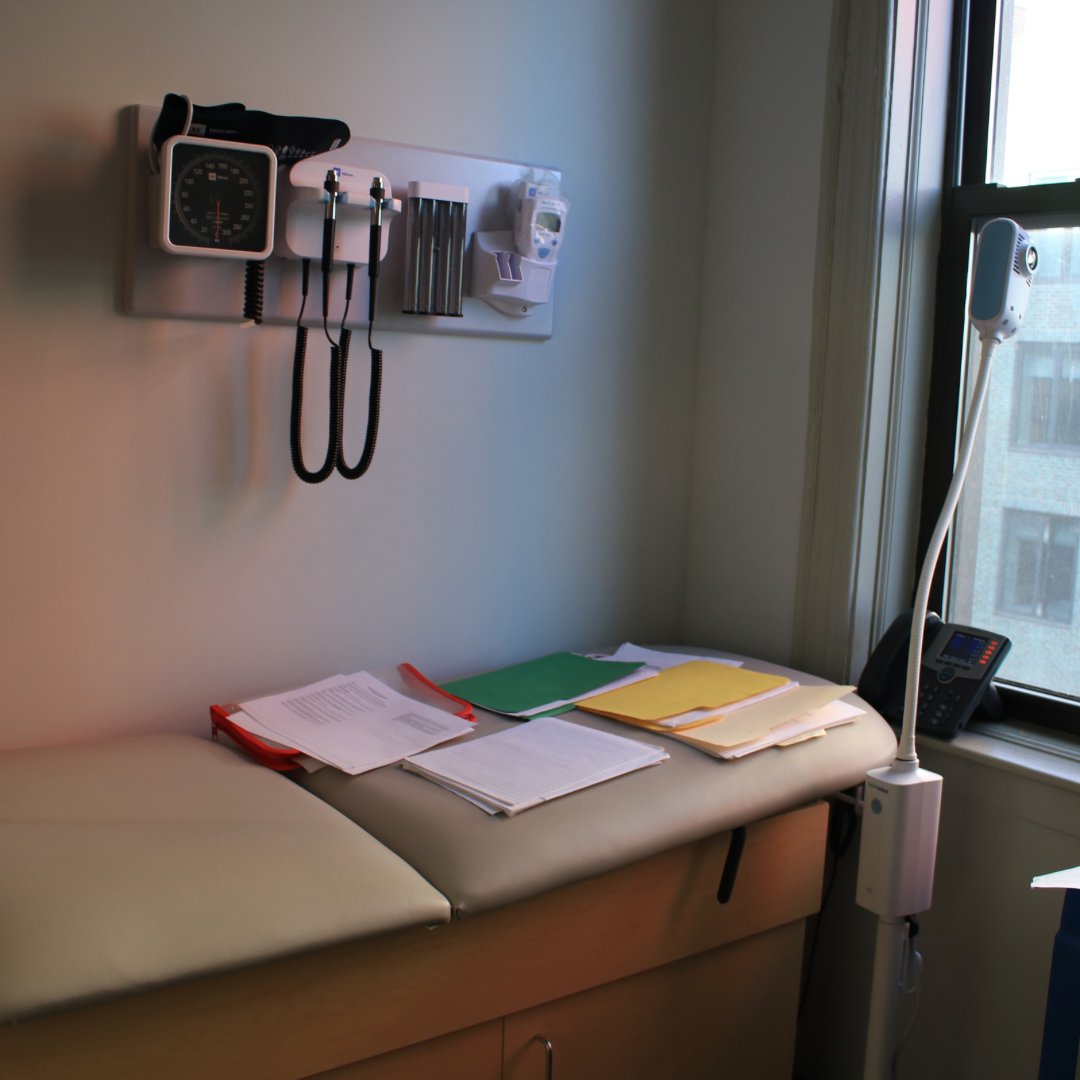
The drug war has deep roots and is a tool to control and harm communities. For #PresidentsDay, lets take a look at the impact our current and past presidents have had on the drug war. #EndTheDrugWar #NoMoreDrugWar 

Nixon Declares the Drug War in 1971.
* Signs the Controlled Substances Act (CSA) into law in 1970.
* He increased the size, presence, and funding of federal drug control agencies.
* In 1973 he created the Drug Enforcement Administration (DEA).
* Signs the Controlled Substances Act (CSA) into law in 1970.
* He increased the size, presence, and funding of federal drug control agencies.
* In 1973 he created the Drug Enforcement Administration (DEA).
Carter's Campaign Includes marijuana decrimnalization.
* In 1977, President Carter was inaugurated on a campaign platform that included marijuana decriminalization.
* In Oct 1977, the Senate Judiciary Committee voted to decriminalize possession of up to an ounce of marijuana.
* In 1977, President Carter was inaugurated on a campaign platform that included marijuana decriminalization.
* In Oct 1977, the Senate Judiciary Committee voted to decriminalize possession of up to an ounce of marijuana.
Regan’s attitudes towards drugs revert
back to punishment.
* Incarceration for nonviolent drug offenses increased under Regan and continues after his presidency.
* In 1981, Nancy Regan began a highly publicized anti-drug, abistence-only campaign, "Just Say No."
back to punishment.
* Incarceration for nonviolent drug offenses increased under Regan and continues after his presidency.
* In 1981, Nancy Regan began a highly publicized anti-drug, abistence-only campaign, "Just Say No."
Clinton reverses promises of treatment over incarceration.
* Rejected a Sentencing Commission recommendation to cut sentencing disparity between crack and powder cocaine.
* Rejected his health secretary’s advice to end the federal ban on funding syringe access programs.
* Rejected a Sentencing Commission recommendation to cut sentencing disparity between crack and powder cocaine.
* Rejected his health secretary’s advice to end the federal ban on funding syringe access programs.
Bush funds the drug war.
* Bush allocates more $ to the drug war. Overdose rates rose rapidly.
* Refused to cut sentencing disparity between crack and powder cocaine.
* Rejected his health secretary’s advice to end the federal ban on funding syringe access programs.
* Bush allocates more $ to the drug war. Overdose rates rose rapidly.
* Refused to cut sentencing disparity between crack and powder cocaine.
* Rejected his health secretary’s advice to end the federal ban on funding syringe access programs.
Obama supports several successful drug policy changes.
* Reduced the sentencing disparity between crack and powder cocaine.
* Ended the ban on most federal funding for syringe access programs.
* Ended federal interference with state medical marijuana laws.
* Reduced the sentencing disparity between crack and powder cocaine.
* Ended the ban on most federal funding for syringe access programs.
* Ended federal interference with state medical marijuana laws.
Trump threatens punishment-first
drug policies.
* He called for harsher sentences for drug law violations and the death penalty for people who sell drugs.
* Initiated policy automatically placing fentanyl-related substances on Sch. 1 without testing these substances for harm.
drug policies.
* He called for harsher sentences for drug law violations and the death penalty for people who sell drugs.
* Initiated policy automatically placing fentanyl-related substances on Sch. 1 without testing these substances for harm.
Biden has mixed results on drug policy.
* Biden urged governors to pardon simple state marijuana offenses.
* Initiated a review of marijuana’s Schedule 1 classification.
* Despite showing more support for harm reduction, continues to call for punitive approaches to drugs.
* Biden urged governors to pardon simple state marijuana offenses.
* Initiated a review of marijuana’s Schedule 1 classification.
* Despite showing more support for harm reduction, continues to call for punitive approaches to drugs.
• • •
Missing some Tweet in this thread? You can try to
force a refresh







